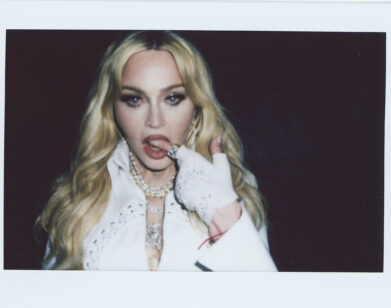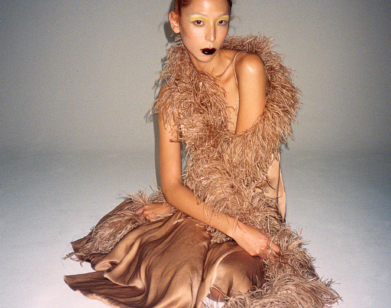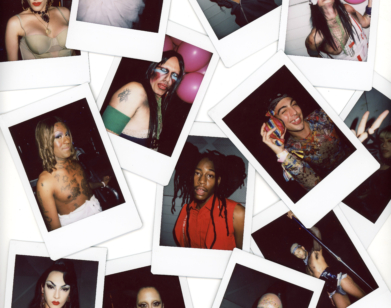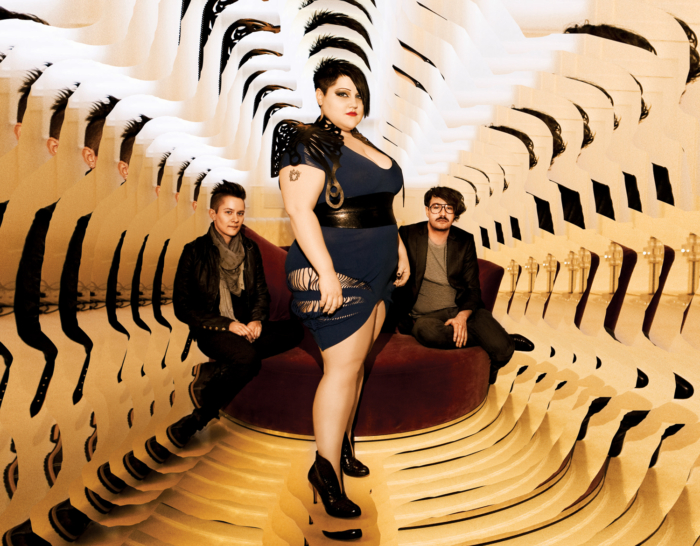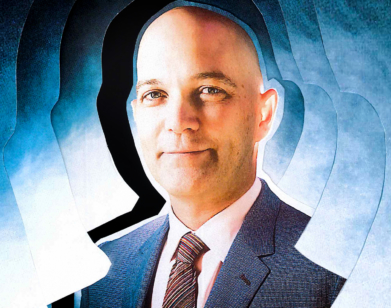Jeremy Scott, John Waters, and Amanda Lepore Share Their Own Notes on Camp — Or, What It Really Means to Do the Most
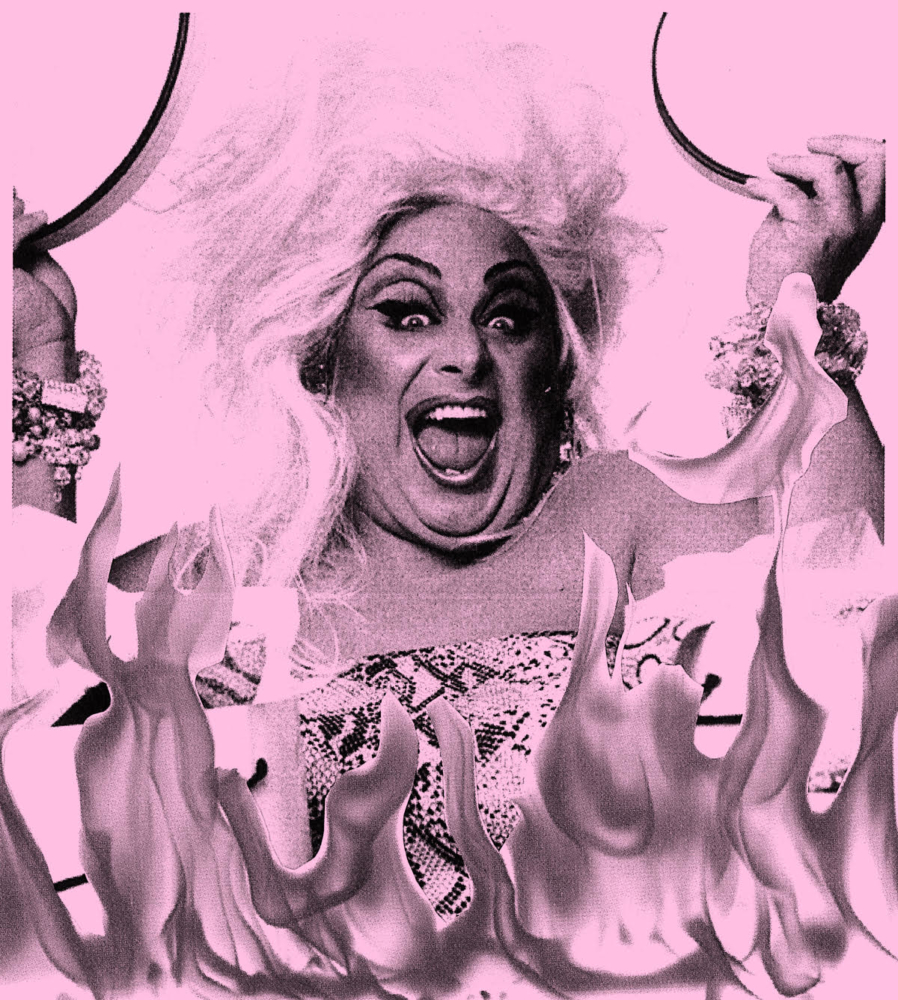
Divine’s own brand of camp set the culture on fire. Photo from the February 1998 cover of Interview. Collage by Jack Vhay.
Kissing nuns, Balenciaga Crocs, Lisa Rinna accusing Yolanda Hadid of lying about having Lyme disease — all of these curiosities fall squarely into the category of camp, a cultural phenomenon that is as powerful as it is unpindownable. To further complicate matters, critics and theorists see the slippery definition of camp as a defense mechanism, one that keeps it from ever being fully absorbed into the world of good taste from which it rebels — and repels. While a predilection for kitsch dates back forever, the amorphous idea came into focus in the writer Susan Sontag’s famous 1964 essay “Notes on Camp,” which serves as the theme for this year’s Met Gala. A half-century after Sontag’s insightful head-scratcher, Interview spoke to some of our favorite arbiters of eclectic taste — the designer Jeremy Scott, the filmmaker John Waters, and the nightlife legend Amanda Lepore, among others — and took a few notes of our own.
———
BENJAMIN MOSER (writer and Susan Sontag biographer)
“The threat to high culture in America was always trashiness. Camp is 100 percent a product of gay culture, minority culture, and underground culture, and I think a lot of people feel very ambivalent with having it be something that everybody feels comfortable with. When Sontag published ‘Notes on Camp,’ she was fascinated by people who could look at cultural products as fun and ironic, and how they cultivated this taste for Mae West and penis cufflinks as a kind of sexual code. Very quickly, all these places started writing about camp and everyone was talking about it at dinner parties. The cover was blown.”
JEREMY SCOTT (fashion designer)
“Camp to me means over-the-top humor, usually coupled with big doses of glamour. Like everything, the meaning is defined by context. A lot of what is now camp was dead serious at one time, and vice versa. I’ve grown up in a very post-post-modern world—references piled on top of references, decades re-emerged and remixed to define the ones we are living in. I grew up genuinely loving things that were bright and glossy, colorful and full of joy—like Barbie. Her late ’80s pink Corvette lifestyle of big blonde hair, totally pink minidresses, and perpetually perfect accessories are now, in this time, rendered ripe for camp.”
KIM PETRAS (pop star)
“Camp lets you put on a persona and express yourself unapologetically. I use it to poke fun at myself and exaggerate parts of my own personality, but it can be used to draw attention to injustice. The LGBTQ community has used it for decades to help carve out space for themselves in a world that doesn’t always welcome us.”
BOB MACKIE (costume designer)
“I became aware of the noun ‘camp’ way back in the ’60s when I was in art school in California. It was always used to describe exaggeration, grandness, and usually was entertainingly humorous. As a costume designer, you realize camp is a part of your toolkit. My list of clients, past and present, have certainly dipped into the bag of camp tricks to enhance their performances: Carol Channing, Carol Burnett, Mitzi Gaynor, Elton John, RuPaul, Diana Ross, Ann-Margret, Harvey Korman, and, of course, Cher.”
JUSTIN VIVIAN BOND (artist and performer)
“The first thing I saw that was actually camp was when I was a little kid. We went to the nursing home to see all the old people in a production of Hello, Dolly! It was all these old people dressed up in feathers and plumery. Everyone was age-inappropriate and everything about it was so wrong, but so sparkly and wonderful. Camp puts a twist on reality to reflect back how absurd it is. The mainstream is always trying to appropriate camp aesthetics and be like, ‘Ha, ha, ha, yeah we’re in on the joke.’ But if camp is really doing its job, then they’re not in on the joke at all.”
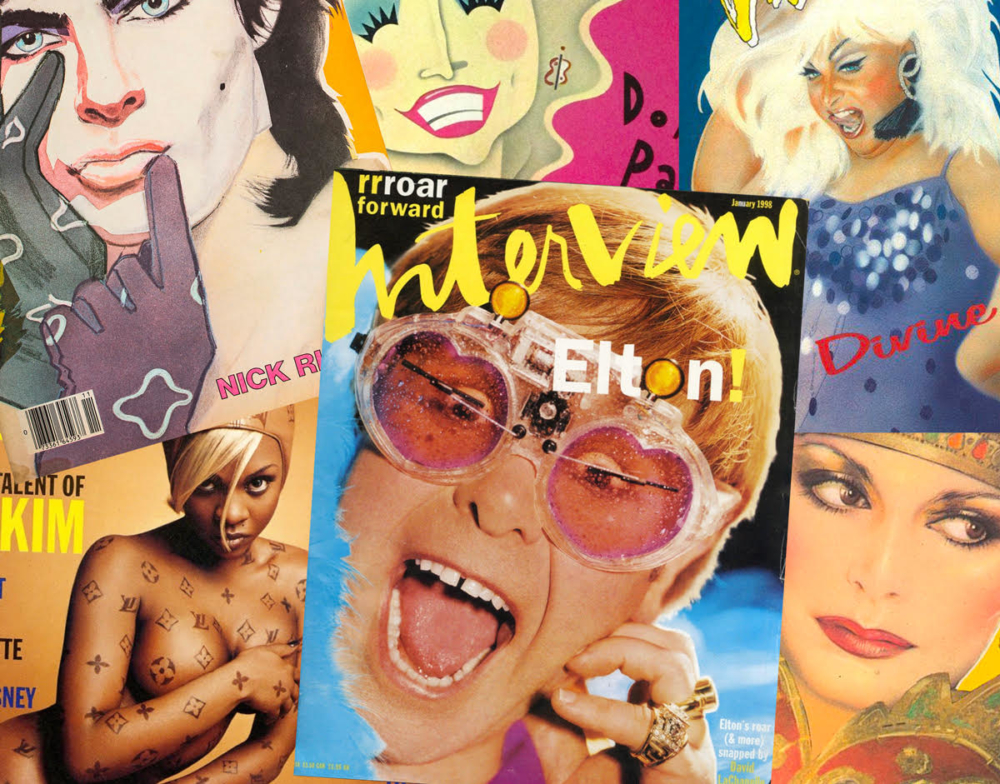
We’ve been known to dabble in camp over the years.
BRUCE LABRUCE (filmmaker, artist, and writer)
“To be interesting, camp has to have some kind of political consciousness and self-awareness about what it’s doing. In her essay, Sontag says camp is ‘depoliticized, or at least apolitical,’ which I argue against. I don’t think her definition of camp grasps how vital it was as a coded language for queers that developed because of oppression. It was a rebuke of and rebellion against strait-laced society, and often quite mocking. The same way irony became the default sensibility of the ’90s, camp has become the ideological white noise of the new millenium. A certain outrageousness has been normalized. Conservative news pundits are completely camp without understanding what that means.”
AMANDA LEPORE (nightlife legend)
“Camp was something I’d never heard of until I started working with Susanne Bartsch — then I heard it all the time. In New York City nightlife in the ’90s, everything was camp! Today, people seem to take themselves way too seriously.”
LADY BUNNY (drag queen)
“In The Adventures of Priscilla, Queen of the Desert, there’s this dress made of flip-flops that is classic camp. But something can be so glamorous that it becomes campy. Like, if you’re wearing too many jewels with a cigarette holder and a fur muff, while walking a dog wearing as many rhinestones as you are. Camp relies on artifice, but also requires some mental sophistication. This generation has grown up on the Kardashians, Snooki, and Paris Hilton — artifice without intelligence.”
JOHN WATERS (filmmaker, artist, and writer)
“Camp? Nothing is so bad it’s good now that we have Trump as president. He even ruined that.”
FABIO CLETO (professor of cultural history)
“Twenty-first-century culture has cannibalized camp, but to say that it’s no longer camp because its aesthetics have gone mainstream is an overly simplistic reading. Camp has always been mourning its own death.”
LADYFAG (nightlife sorceress)
“Camp is a ‘fuck you’ to a stuffy world. I think camp is many things — in my case, you could say it’s a lifestyle [Laughs]. I work in nightlife, it is the way we walk, the way we talk, and of course the way we dress. Queers invented camp. It’s nice that the rest of the world caught on to its intelligent whimsy. Queerness and camp go hand-in-hand.”

